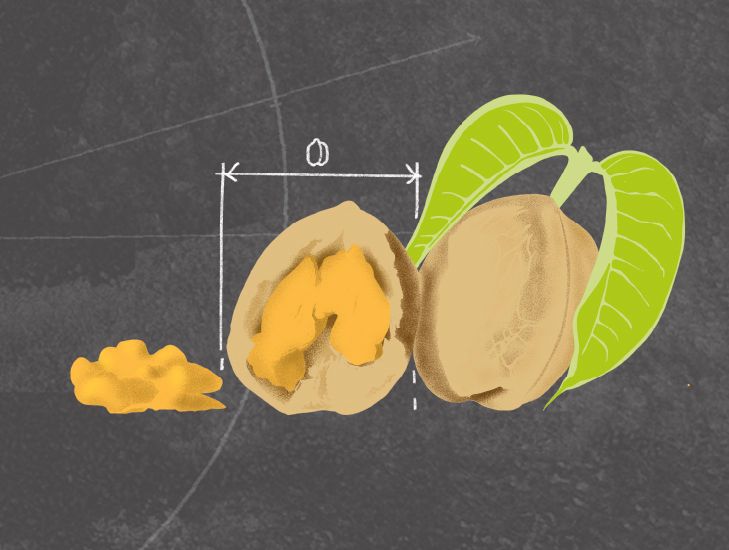
Researchers have predicted that cancer will become the
Although many factors can influence a person’s risk of developing cancer, research shows that environmental causes, including
In the early 1960s, researchers discovered that cancer rates varied between countries and identified that specific dietary patterns have correlations with certain types of cancer.
They also discovered that cancer rates in people from countries with a low cancer risk who migrated to countries with higher cancer risk
Since then, researchers have narrowed down the specific foods and dietary patterns that may increase the risk of certain cancers.
This article will focus primarily on food, yet it is important to remember that alcohol intake is also a known dietary
Research into diet and cancer risk is ongoing, and researchers still have much to learn about how and why food choices affect cancer risk.
Red and processed meats
Scientists know there is a strong link between processed meat intake and certain types of cancer.
In
A
Diets high in processed and red meat also have associations with an increased risk of other cancers, including
Ultra-processed foods
Examples of ultra-processed foods and beverages
According to health experts, diets high in ultra-processed foods, including Western diets, significantly increase the risk of certain cancers.
A
Ultra-processed foods are rich in saturated fat, added sugar, and salt but low in protective nutrients, such as fiber, vitamins, and minerals. Ultra-processed foods also contain
Certain
In addition to cancer, ultra-processed food intake has
High-salt diets
A diet high in added salt may increase the risk of certain cancers, particularly stomach cancer.
Scientists have suggested that high salt intake may increase the risk of infection caused by Helicobacter pylori bacteria. H. pylori infections
Also, eating high-salt foods may lead to the production of
Diets high in added salt have associations with an increased risk of certain cancers, including
Scalding beverages
Drinking scalding hot beverages may increase cancer risk. The IARC has classified beverages with a temperature over 149°F (65°C) as “probably” carcinogenic to humans.
A
The study found that people who usually drank very hot or hot beverages were almost twice as likely to develop esophageal cancer than those who usually consumed warm or cold drinks.
Other possible dietary risk factors
The IARC identified several other dietary factors that may lead to cancer progression. For example, following a diet with a high glycemic load may increase the risk of endometrial cancer.
Diets with a high-glycemic load adversely affect blood sugar and may lead to chronically elevated
Diets with a high-glycemic load are typically rich in added sugars and refined carbohydrates, such as white bread and white rice.
Aflatoxin is a compound produced by a fungus that grows in foods, such as nuts, grains, and dried fruit, stored in hot, damp conditions. The IARC considers aflatoxin carcinogenic.
Long-term exposure to aflatoxins has links to an increased risk of
Scientists consider exposure to Aflatoxin a significant risk factor for liver cancer in low-income countries, especially in people who have an active hepatitis infection, which affects the liver.
Before discussing which foods and dietary patterns may protect against cancer development, it is crucial to understand that
Avoiding smoking, reducing alcohol intake, managing body weight, and being active, are critical to reducing cancer risk.
Researchers have discovered that, just as some dietary patterns may increase cancer risk, nutritional choices can also have a protective effect against cancer.
For example, the
Studies
Consuming a varied diet that provides optimal amounts of
In addition to consuming a diet rich in plant-based foods, reducing intake of processed and red meats, ultra-processed foods, and added sugars and salt may help reduce the risk of certain cancers and many other chronic conditions.
Though many factors can influence a person’s risk of developing cancer, including factors that a person cannot control, research shows that some dietary patterns and specific foods may increase the chance of developing certain cancers.
Evidence suggests that ultra-processed foods, processed meat products, diets high in added salt, and drinking scalding beverages may increase the risk of cancer development.
Although scientists still have much to learn about how diet impacts cancer development and progression, significantly reducing or avoiding these foods and adapting dietary patterns will likely improve overall health. This may also help reduce a person’s risk of developing certain cancers.



